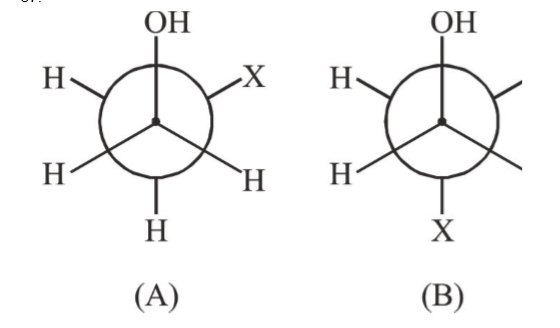Who confirmed communities with more species tend to be more stable than those with less species ?
Alexander von Humboldt
David Tilman
Paul Ehrlich
Edward Wilson
The correct Answer is:B
Step-by-Step Solution:
1. Understanding the Question: The question asks who confirmed that communities with more species tend to be more stable than those with fewer species. This concept relates to biodiversity and ecological stability.
2. Identifying Key Concepts: The key concepts here are "species diversity" and "stability of communities." Generally, higher species diversity in an ecosystem is associated with greater resilience and stability.
3. Reviewing Ecological Theories: Various ecologists have studied the relationship between species diversity and ecosystem stability. It is important to identify who specifically made this confirmation.
4. Considering Ecologists: The question mentions four ecologists, but we need to focus on the one who is known for this particular assertion. The names mentioned include Alexander von Humboldt and David Tilman.
5. Identifying the Correct Ecologist: Among the ecologists listed, David Tilman is recognized for his research that supports the idea that ecosystems with higher biodiversity are more stable.
6. Conclusion: Therefore, the correct answer to the question is David Tilman.
---
Topper's Solved these Questions
Similar Questions
Write whether the following statements are true or false .
(i) Communties with more species tend to be more stable that those with less species.
(ii) David Tilman found that plots with less species showed less year-to-year variation in total biomass.
(iii) A stable community must be resistant to invasions by ecotic species.
(iv) Effect of reduction in diversity has been explained by Alexander von Humboldt through rivet popper hypothesis.View Solution
A will be more stable than B if X is :View Solution
Knowledge Check
- Question 1 - Select One
Which of the following statement/is /are wrong?
I. Communities with more species, generally, tend to de more stable than those with less species.
II. A stable community should show too much variation in productivity from year to year.
III. The colonisation of tropical pacific Islands by humans is said to have led to the extinction of more than 2,000 species of native birds.
IV. The accelerated rates of species extinctions that the world is facing now have nothing to do with human activities.
V. The biological wealth of our planet has been declining rapidly and the accusing finger is clearly pointing to human activities .AII onlyBII and IV onlyCIII and V onlyDI, II and IV only - Question 2 - Select One
Assertion: A community with more species is more stable than that with less species.
Reason: More the number of species, lesser the variation in the total biomass production year after year.ABoth assertion and reason are true, and the reason is the correct explanation of the assertion.BBoth assertion and reason are true, but the reason is not the correct explanation of the assertion.CAssertion is true but reason is false.DBoth assertion and reason are false - Question 3 - Select One
Assertion: Communities that comprise of more species tend to be more stable.
Reason: A higher number of species results in less animal variation in total biomass.AIf both assertion and reason are true and the reason is the correct explanation of the assertion.BIf both assertion and reason are true but reason is not the correct explanation of the assertion.CIf assertion is true but reason is false.DIf both assertion and reason are false.
GC pair of DNA is more stable than AT pair.
View SolutionPt4+ is less / more stable than Ni4+ .
View SolutionLiH is more stable than NaH. Explain.
View SolutionAssertion Removal of keystone species does not cause any serious disruption in the functioning of the community.
Reason Keystone species are low in abundance than the dominant species.View SolutionAssertion. Removel of keystone species causes serious distruption in the functioning of the community.
Reason. Keystone species are low in abundance (or biomass) than the dominant species.View Solution

